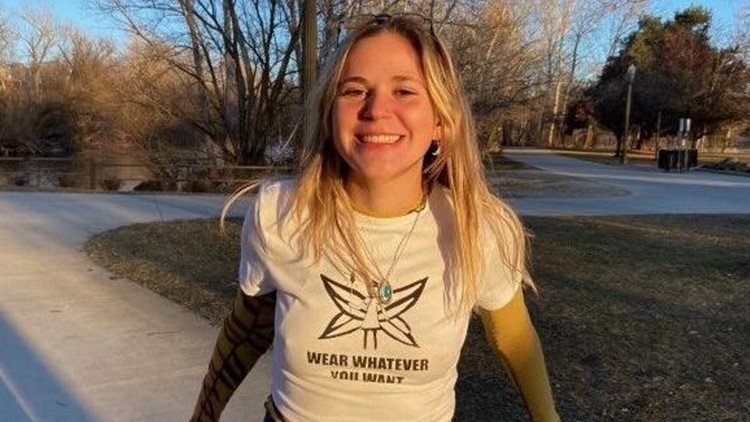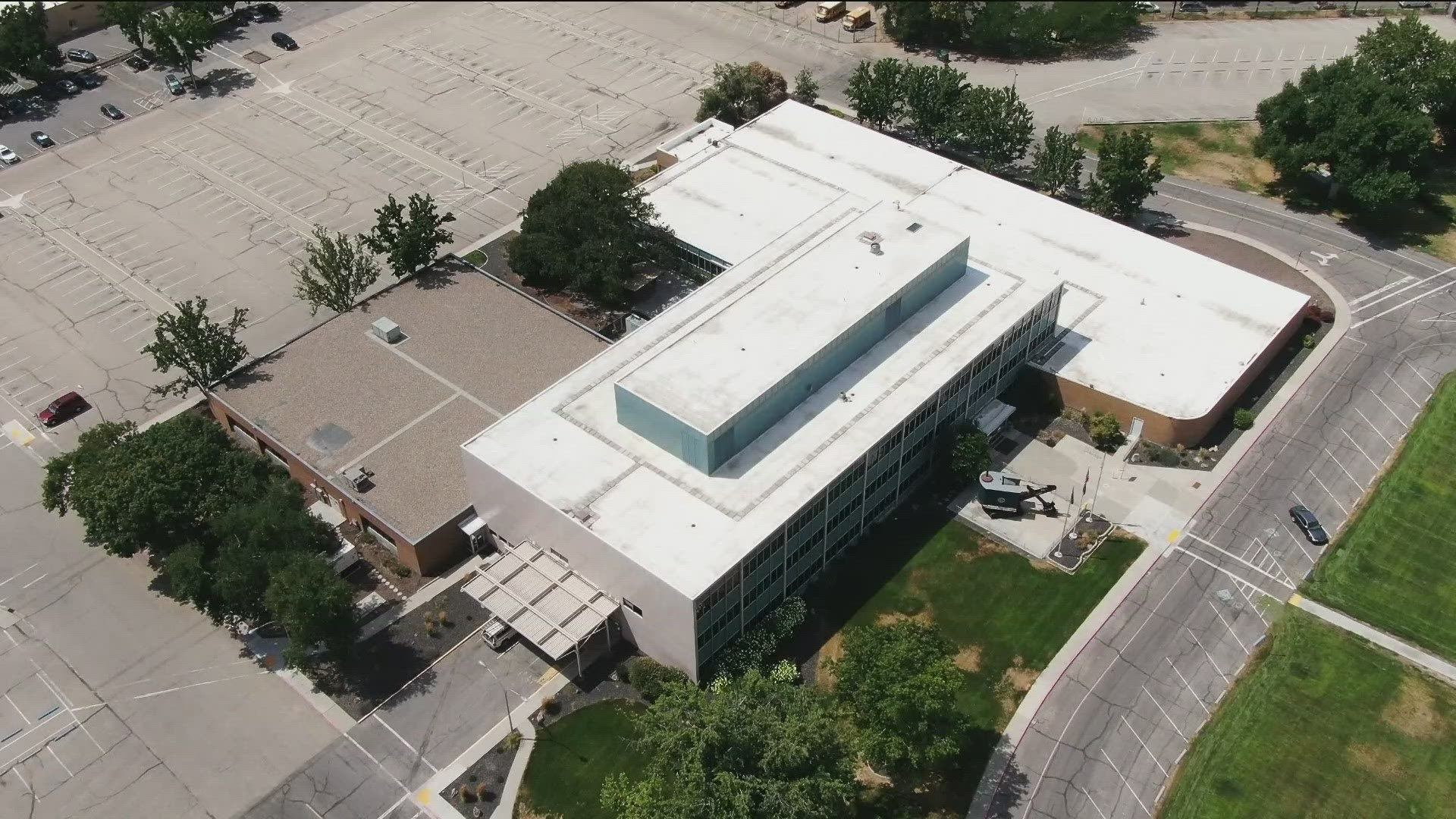BOISE, Idaho — This story was originally published in the Idaho Press.
Kat Sand fell ill with COVID-19 in March of 2021. It was just three days before the Centers for Disease Control and Prevention approved the use of COVID-19 vaccines in youth in her age group, she said.
In March 2021, the world was just starting to open up again as the vaccines became widely available. Sand was 16.
“I was like, ‘I’ve survived a year without getting this,’ and I started going back out into the world, and immediately got it,” she said.
Sand’s symptoms were mild and cold-like, though she lost her sense of taste, she said. She was sick for about five days.
But returning to school and sports did not feel normal. Sand recalled trying to sprint 300 meters at track practice and developing severe chest pain. She tried an inhaler to manage the condition, to no avail.
In addition, Sand sometimes feels brain fog when she needs to concentrate during school. A doctor told her that she might have lingering symptoms caused by her bout with COVID, also known as long COVID. It was the first youth case the doctor had seen, she said.
She is now 17 and has been managing her symptoms for a year.
“It was just kind of hard to ... still not know very much about what’s going on with me,” Kat said.
Long COVID tends to affect adults more than children, she said. And it seems strange given that she is an otherwise healthy, athletic teen, she said.
She got vaccinated when she could.
In the fall, Sand noticed she was two minutes off of a personal record for cross country. However, she saw her time improve, getting within 30 seconds of her personal record over the course of the season. Her symptoms were improving and she was learning how to manage them better, she said.
Then, in January 2022, she got COVID again. Thankfully, this time, her symptoms were even milder and her long COVID symptoms are still at about the same level as where they were before, she said.
Soon, she will start seeing a physical therapist who specializes in breathing therapy, she said. Her doctor sends her weekly updates about the research scientists around the world are doing to understand long COVID.
She hopes she continues to improve and that emerging research will provide a better understanding of the condition. There is ample evidence that getting vaccinated can help people avoid severe symptoms, hospitalization, death, and long COVID.
“I just hope a lot more kids and everyone gets vaccinated so they don’t experience these long symptoms,” she said.
This article originally appeared in the Idaho Press, read more on IdahoPress.com.
Watch more Local News:
See the latest news from around the Treasure Valley and the Gem State in our YouTube playlist:



